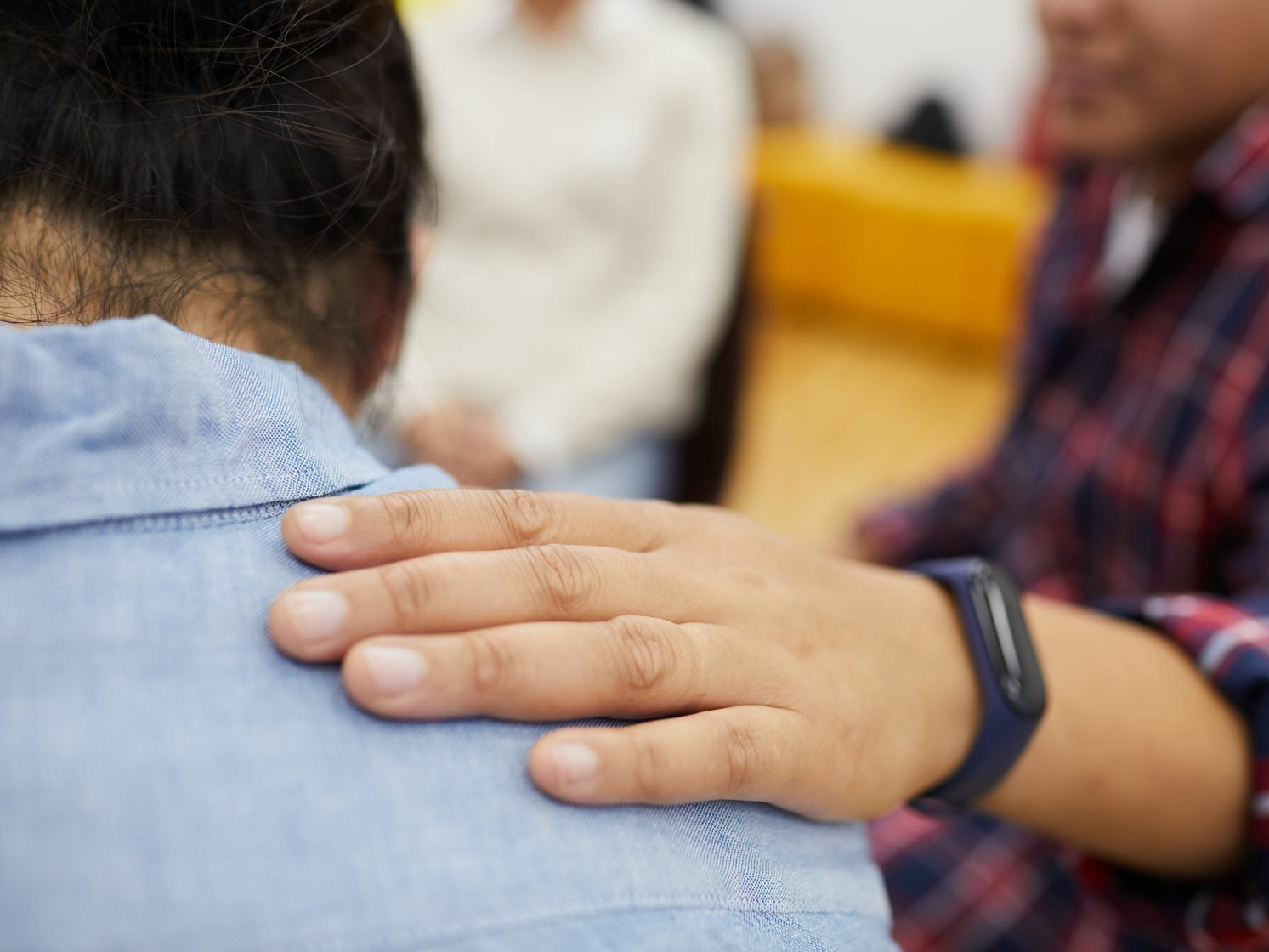Understanding Grief
Everybody is different and is likely to experience grief differently. It is important not to place expectations on yourself about how you should be feeling at any given moment.
Some people experience delayed grief, with the feelings not fully hitting them until days, weeks, months or years after the loss of their loved one. Others may not experience grief in the way that they expected they would.
What is delayed grief?
When a loved one dies, sometimes we do not react to the loss in the way that we, or others, expected us to. There are many reasons why this might happen:
- We push down feelings of grief because there are things that we need to do e.g. caring for children
- We are in shock from the loss and are denying the reality of the situation
- We do not feel comfortable sharing our feelings with those around us
- We fear the strength of our emotions, so intentionally push them down and distract ourselves by keeping busy
Sometimes, when we suppress feelings of grief, either intentionally or not, other side effects emerge such as migraines, insomnia, anxiety, stomach pains, and feelings of depression. If we do not deal with the emotions surrounding our grief, then they are likely to emerge again at a later date.
Managing grief
There is no right or wrong way to grieve, it is important to give yourself permission to grieve however you need to. Reading articles or books on grief can help you realise what you are feeling is normal, and can give you hope that there is a way forward. Finding moments of calm can help quieten your mind and help you sleep. Take a look at the guides, books, podcasts and playlists in our Resources section.
Consider speaking to a counsellor, or drawing on the support of your friends and family. Whoever you feel comfortable talking to, it is important for your healing to allow yourself the opportunity to talk about your loss and your loved one.
Supporting someone who is grieving
It will be emotional for them to talk about but it is important that they have the opportunity to talk about the person they have lost. Be an ear to listen to their stories and if you knew the person who died, you could share a memory, or something you will miss about them.
Let them know that you are there if they want to talk about how they are feeling. Something as simple as asking “How are you sleeping?” will let them know that you care. Keep checking in so that your loved one does not feel that they, and the person they lost, has been forgotten.
People can feel uncomfortable asking for help, so make it easier by asking if you help with something specific such as bringing them dinner, picking up groceries or mowing the lawn. Read more about how to support someone who is grieving.
What is Anticipatory Grief?
Grief doesn’t just happen after a loved one dies. The lead-up to end-of-life for both the person dying and family, friends and caregivers is a life-changing and traumatic experience. It needs to be recognised, managed and nurtured.
“Anticipatory grief, also referred to as anticipatory loss or preparatory grief, is the distress a person may feel in the days, months or even years before the death of a loved one or other impending loss (Forbes).” Read more in ‘Caring for a Loved One’…
Find a counsellor to support you
Some people find it easier to open up to an independent professional such as a counsellor rather than their friends and family. Whoever you feel comfortable talking to, it is important for your healing to allow yourself the opportunity to talk about your loss and your loved one. Find counselling services near you.
It is important not to place expectations on yourself about how you should be feeling at any given moment.
What is resilient grieving?
Everyone experiences loss, but how do you cope with the tough moments that follow? In her Tedx Talk, New Zealander and resilience researcher, Dr Lucy Hone shares three hard-won strategies for developing the capacity to brave adversity, overcome struggle and face whatever may come head-on with fortitude and grace.






